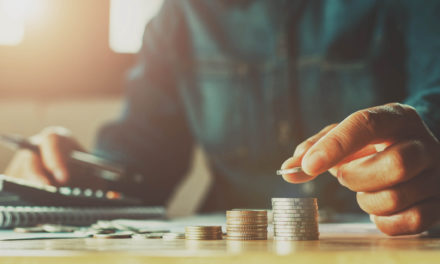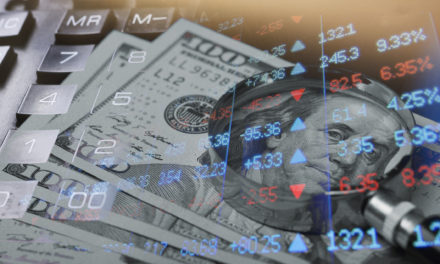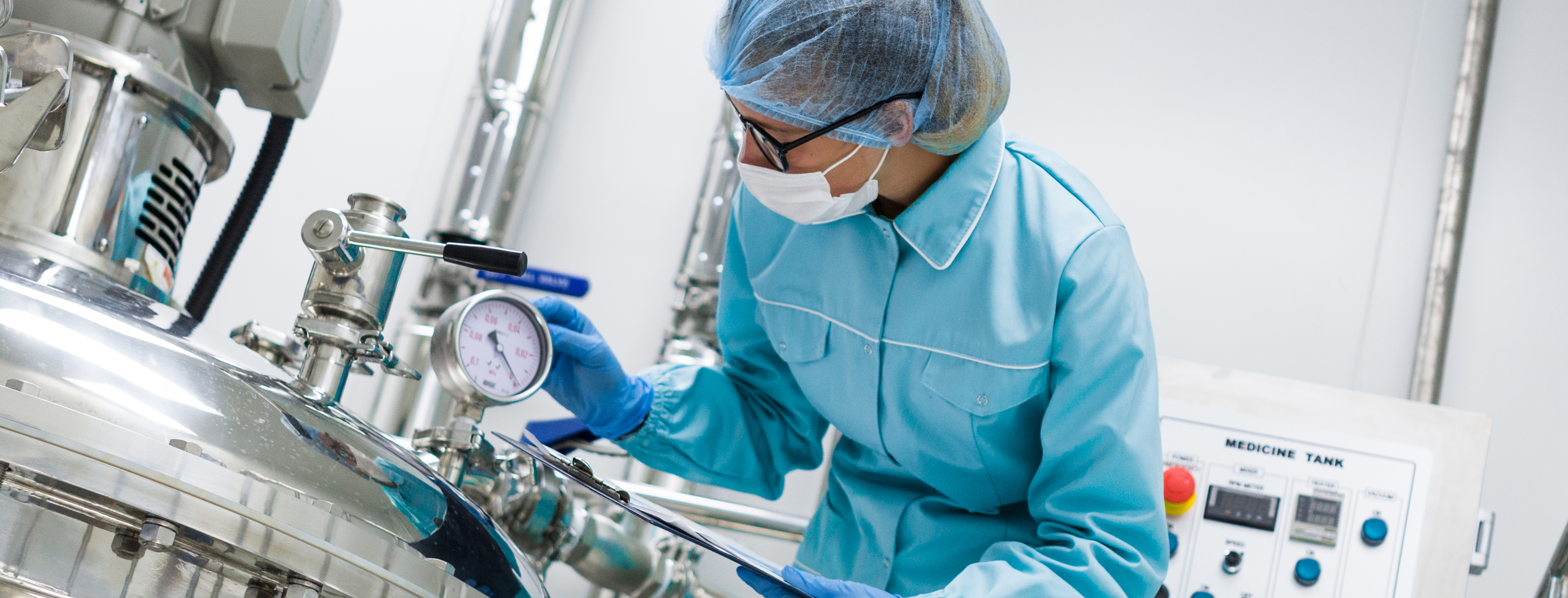
“When we own portions of outstanding businesses with outstanding managements, our favorite holding period is forever.”
— Warren Buffett
The Warren Buffett investment philosophy calls for a long-term investment horizon, where a two-decade holding period, or even longer, would fit right into the strategy. How would such a strategy have worked out for an investment into Ford Motor Co. (NYSE: F)? Today, we examine the outcome of a two-decade investment into the stock back in 2000.
| Start date: | 08/18/2000 |
|
|||
| End date: | 08/17/2020 | ||||
| Start price/share: | $27.75 | ||||
| End price/share: | $6.98 | ||||
| Starting shares: | 360.36 | ||||
| Ending shares: | 664.66 | ||||
| Dividends reinvested/share: | $7.88 | ||||
| Total return: | -53.61% | ||||
| Average annual return: | -3.77% | ||||
| Starting investment: | $10,000.00 | ||||
| Ending investment: | $4,634.76 | ||||
The above analysis shows the two-decade investment result worked out poorly, with an annualized rate of return of -3.77%. This would have turned a $10K investment made 20 years ago into $4,634.76 today (as of 08/17/2020). On a total return basis, that’s a result of -53.61% (something to think about: how might F shares perform over the next 20 years?). [These numbers were computed with the Dividend Channel DRIP Returns Calculator.]
Beyond share price change, another component of F’s total return these past 20 years has been the payment by Ford Motor Co. of $7.88/share in dividends to shareholders. Automatic reinvestment of dividends can be a wonderful way to compound returns, and for the above calculations we presume that dividends are reinvested into additional shares of stock. (For the purpose of these calcuations, the closing price on ex-date is used).
Based upon the most recent annualized dividend rate of .6/share, we calculate that F has a current yield of approximately 8.60%. Another interesting datapoint we can examine is ‘yield on cost’ — in other words, we can express the current annualized dividend of .6 against the original $27.75/share purchase price. This works out to a yield on cost of 30.99%.
More investment wisdom to ponder:
“The ideal business is one that earns very high returns on capital and that keeps using lots of capital at those high returns. That becomes a compounding machine.” — Warren Buffett



